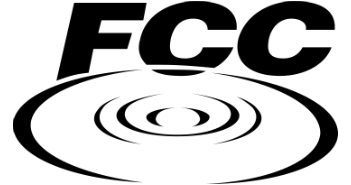The Federal Communications Commission seems to have found itself in the middle of a spat regarding its handling of selecting a vendor to act as the local number portability administrator once the current contract with Neustar runs out in mid-2015.
Neustar claims that late last week a confidential e-mail sent by an aide to the chair of the North American Numbering Council to the FCC was posted in the FCC docket associated with its plans for selecting the next LNPA vendor and made available to the public. That e-mail, which was subsequently removed from the public docket, indicated that the NANC recommended that the FCC select “an operating unit of Ericsson” as the next LNPA vendor.
Neustar notes that such recommendations were supposed to be kept confidential and that by posting the e-mail, the process of selecting the next LNPA vendor has been compromised.
“Friday’s mishap is significant and underscores the need for care in the LNPA vendor selection process, which Neustar believes has not been fully demonstrated to date,” the company noted in a statement.
Neustar also called into question the eligibility of Ericsson to participate in the proceedings, noting the company was allowed to submit a bid after the deadline to do so had passed. The FCC was expected to open the proceedings up to public comment this week.
Neustar has been acting as the administrator for local number portability across the United States and Canada since 1997. Domestic wireless carriers were required to participate in local number portability beginning in late 2003.
–The FCC this week approved an order allowing for a greater amount of spectrum aggregation in the 2.5 GHz band that was proposed by Sprint. Initial rules had limited total channel width in that band capped at 10 megahertz in order to prevent possible interference issues. However, the FCC noted that following public comments, it would allow for larger channels to be used in order to support higher-speed mobile broadband services.
Sprint has said it plans to use its 2.5 GHz spectrum holdings as part of its Spark program to provide mobile broadband speeds in excess of 50 megabits per second due to its use of TDD-LTE technology and wider spectrum channels.
Make sure to keep up-to-date on policy news by visiting RCR Wireless News’s Policy page.
Bored? Why not follow me on Twitter?

Policy: Neustar claims foul in LNPA proceedings; Sprint can go wide in 2.5 GHz band
ABOUT AUTHOR
